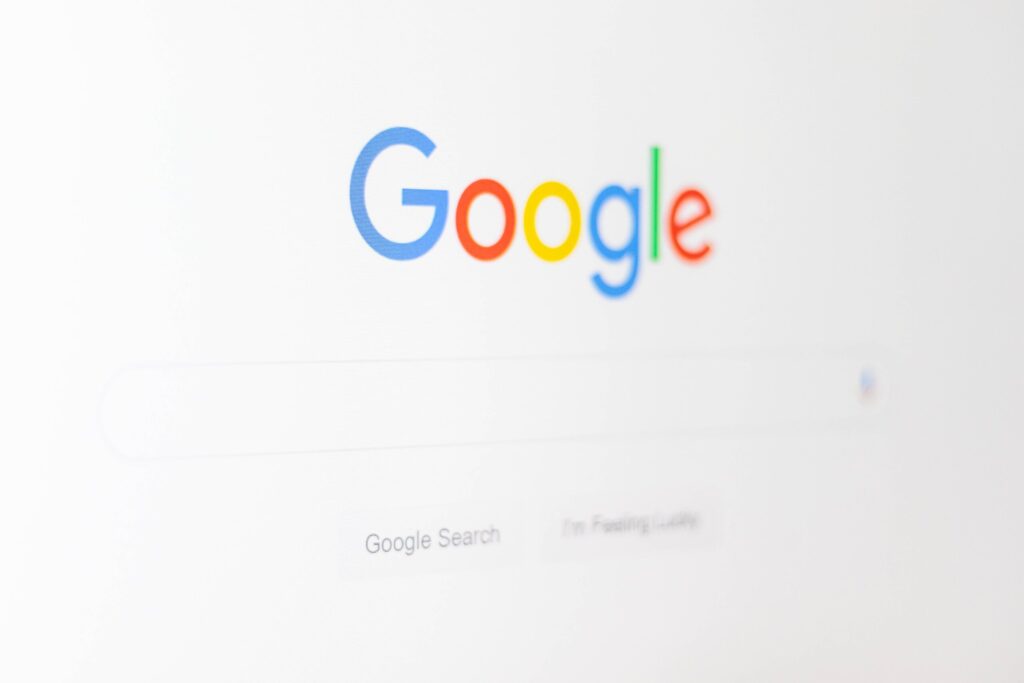Alphabet Inc.’s Google is set to face a significant antitrust trial next week, where the U.S. Department of Justice (DOJ) will challenge the tech giant’s control over the digital advertising market.

This trial marks the second major antitrust case against Google, following a recent legal victory for the DOJ, where a judge ruled that the company had unlawfully monopolized online search. The upcoming trial, scheduled to take place in Alexandria, Virginia, will focus on Google’s role as a dominant force in digital advertising—a sector that contributed to more than 75% of the company’s $307.4 billion revenue last year. The DOJ, along with a coalition of U.S. states, argues that Google’s advertising practices harm news publishers and stifle competition.
Google’s Alleged Monopoly in Digital Advertising
The DOJ’s case centers on the claim that Google has established a dominant position in the digital advertising ecosystem by tying together its tools for publishers and advertisers, thus securing a “privileged position as the middleman.” According to the DOJ, Google controls 91% of the market for ad servers (where publishers offer ad space), more than 85% of the market for ad networks (which advertisers use to place ads), and over half of the market for ad exchanges.
The DOJ and state attorneys general argue that this dominance leaves competitors at a significant disadvantage and limits options for publishers and advertisers. They contend that Google’s practices have contributed to the decline of the news industry, with a Northwestern University study highlighting that one-third of U.S. newspapers have closed or been sold since 2005.
Jonathan Kanter, the DOJ’s antitrust chief, emphasized the stakes, stating, “Journalism is under threat in large part due to consolidation in the advertising market.” The DOJ is expected to call current or former executives from prominent news organizations, including News Corp, the Daily Mail, and Gannett, to testify on how Google’s practices have impacted their businesses.
Google’s Defense and Potential Consequences
Google has denied the DOJ’s allegations, arguing that its products are interoperable with those offered by competitors and that it is not obligated to share its technological advantages. The company asserts that its market share is much smaller when considering the broader digital advertising landscape, including social media, streaming services, and mobile apps.
In its defense, Google plans to highlight the benefits its advertising technology provides to small businesses and publishers, some of whom are expected to testify in support of the company. Google argues that a forced breakup would “slow innovation, raise advertising fees, and make it harder” for smaller companies to compete and grow.
A key focus of the trial will be how Google internally viewed and managed its advertising technology, with testimony anticipated from more than two dozen current and former employees, including YouTube CEO Neal Mohan, who previously held a senior role in Google’s advertising division.
Implications for Big Tech and the Broader Market
The trial is a critical component of the Biden administration’s broader effort to regulate Big Tech through antitrust laws. A victory for the DOJ could lead to a court-ordered breakup of Google’s digital advertising business, setting a significant precedent in the ongoing battle between regulators and technology giants.
Brian Wieser, a principal at Madison and Wall, an advertising and financial consultancy, underscored Google’s influence, noting, “Google is far and away the largest seller of advertising on earth. They touch every part of the industry, if not directly, then indirectly. Everyone has an interest in Google one way or another.”
As the trial unfolds, it will not only determine the future of Google’s advertising business but could also reshape the digital advertising landscape, with far-reaching implications for publishers, advertisers, and consumers alike. The outcome could signal a new era of regulation for the tech industry, potentially curbing the power of other major players in the sector.
